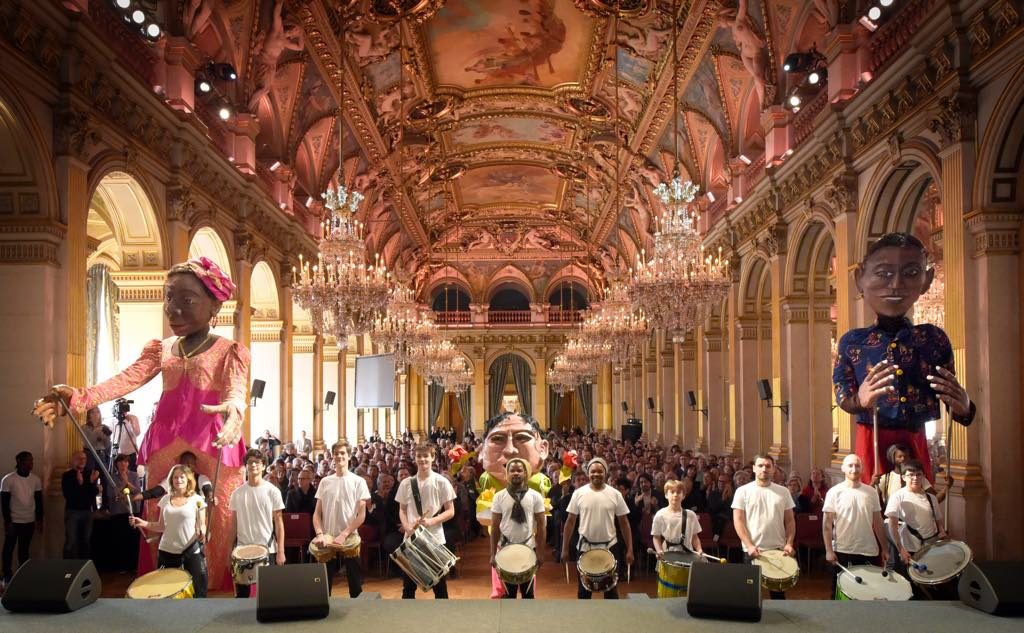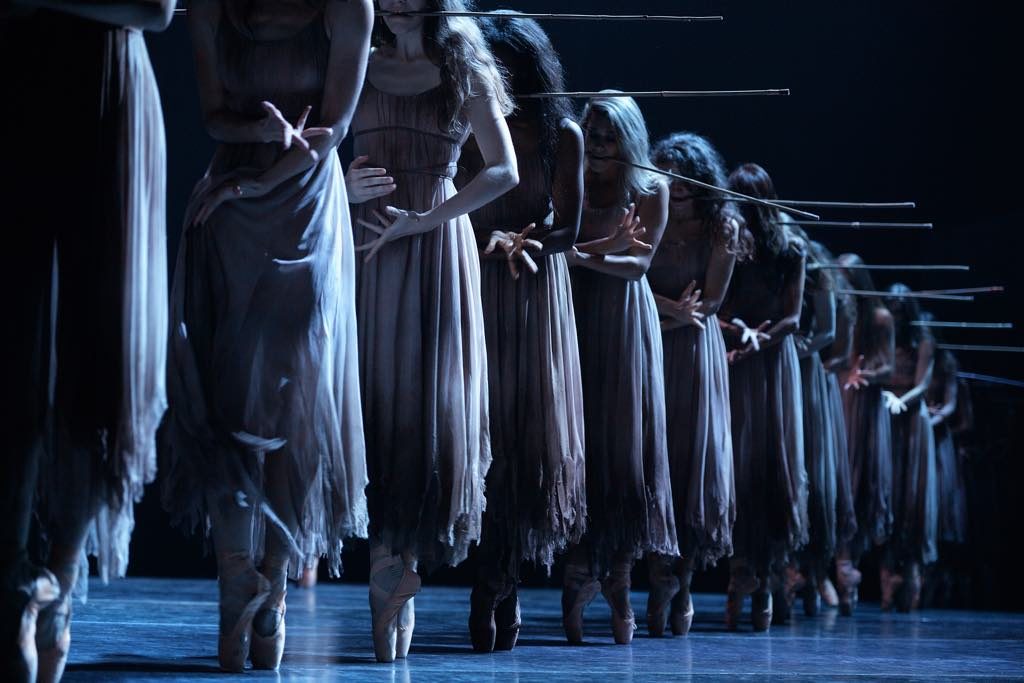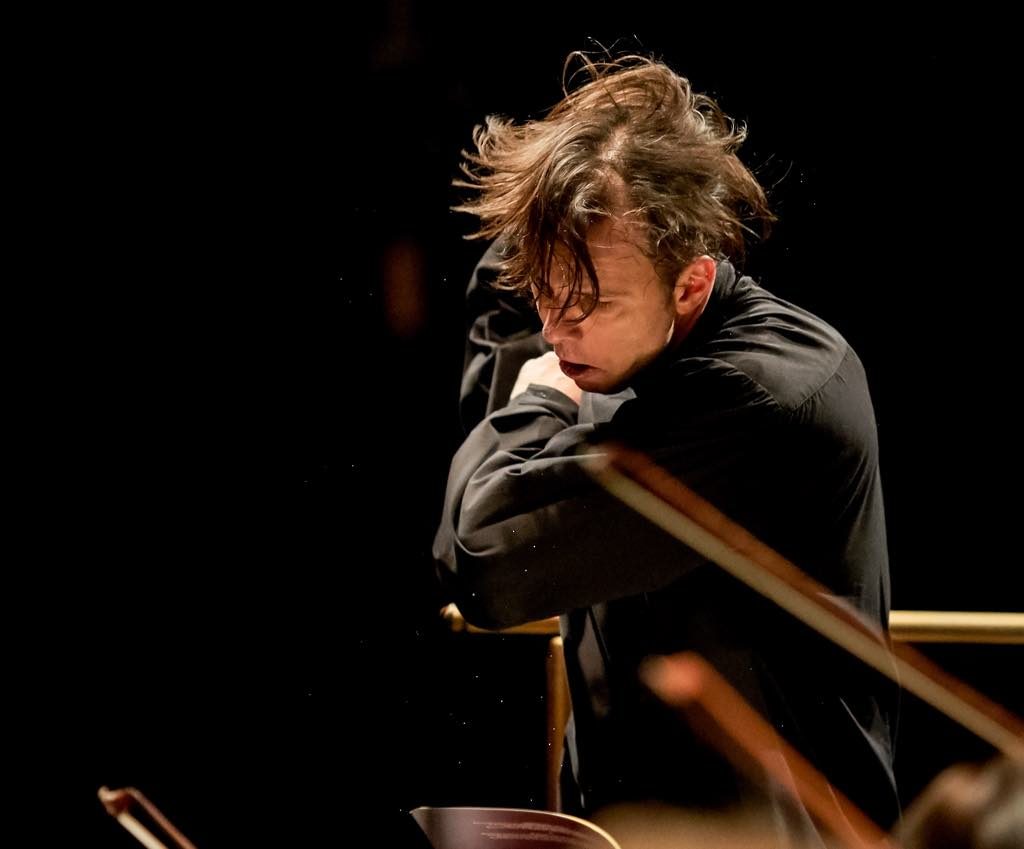
Finally, something truly exciting is about to happen in Paris’s rather too-staid performing-arts world. The city-owned Théâtre du Châtelet, which has been closed for renovation since 2017, will reopen in September with a program unlike any the venerable auditorium has seen in its century-and-a-half of existence.

It took an outsider to really shake things up. Ruth Mackenzie, the theatre’s new co-director with Thomas Lauriot dit Prévost, made a name for herself in the British performing-arts world as director of the Nottingham Playhouse, the Scottish Opera, the Chichester Festival Theatre and the 2012 Cultural Olympiad. Most recently the director of the Holland Festival, she appears ready to make good on a promise to reduce the “democratic deficit” at Châtelet.
“Everyone who pays tax in Paris has already paid for the theater,” says Mackenzie. “We’re a public service.” After the first season, the plan is to survey the public for its reactions “to open the doors to sharing decision-making with the citizens of Paris.”

The 2019/20 season will kick off on September 13-15 with an extravaganza paying homage in four “acts” to Parade, which was premiered at Châtelet in 1917 by Sergei Diaghilev’s Ballets Russes with music by Eric Satie, choreography by Léonide Massine, sets and costumes by Pablo Picasso, and scenario by Jean Cocteau.
Act 1 will be free circus workshops for children on the esplanade of the Hôtel de Ville. Act 2: a free parade of drummers and giant puppets (the Maputo troupe’s Marionetas Gigantes de Moçambique, as seen in the photo at the top of this page) from the Hôtel de Ville to Châtelet. Act 3: a free show, complete with costumed actors, will occupy the entire theater. Act 4 (the only one requiring a paid ticket): a show in the auditorium featuring Marionetas Gigantes de Moçambique, the Stéphane Ricordel circus troupe, the Ukrainian music group DakhaBrakha; Elizabeth Streb’s extreme-dance troupe; and Matthias Pintscher’s Ensemble Intercontemporain, which will perform a new piece commissioned by Châtelet from Pierre-Yves Macé.

Once dedicated exclusively to opera and later to musicals, the theater will truly branch out under its new directors. The first season’s eclectic program will include Abd Al Malik’s musical interpretation of Albert Camus’s Les Justes; William Forsythe’s A Quiet Evening of Dance; Merce Cunningham’s Summerspace/Exchange/Scenario; George Gershwin’s musical An American in Paris, a Châtelet production, directed by Christopher Wheeldon, which has been touring the world during the theatre’s closure; Barrie Kosky’s production of Handel’s Saul; Tanztheater Wuppertal’s production of Pina Bausch’s The Seven Deadly Sins; Gisèle Vienne’s “hallucinatory” dance/landscape This Is How You Will Disappear; Akram Khan’s radical production of the romantic ballet Giselle (“It’s like a horror movie – in a good sense: incredibly powerful and scary,” says Mackenzie); and more.

The dynamic conductor Teodor Currentzis’s MusicAeterna will be in residence at the theater and will present a series of concerts, and a series of workshops will allow the public to learn about everything from puppet-making to tap-dancing.
To make the theater more accessible to young people, 10,000 tickets will be made available for €10 to under-25s each season (one per person per season). And, audiences will be allowed to bring their sandwiches to the lunchtime chamber music concerts (only €15)!
Mackenzie points out that Châtelet has had a tradition of innovation ever since it opened in 1862, and explains that the varied program with its genre-bending shows is a result of the directing duo’s reflections on what innovation should look like in the 21st century. “We’re trying to shape-shift, find different forms,” she says.
Favorite